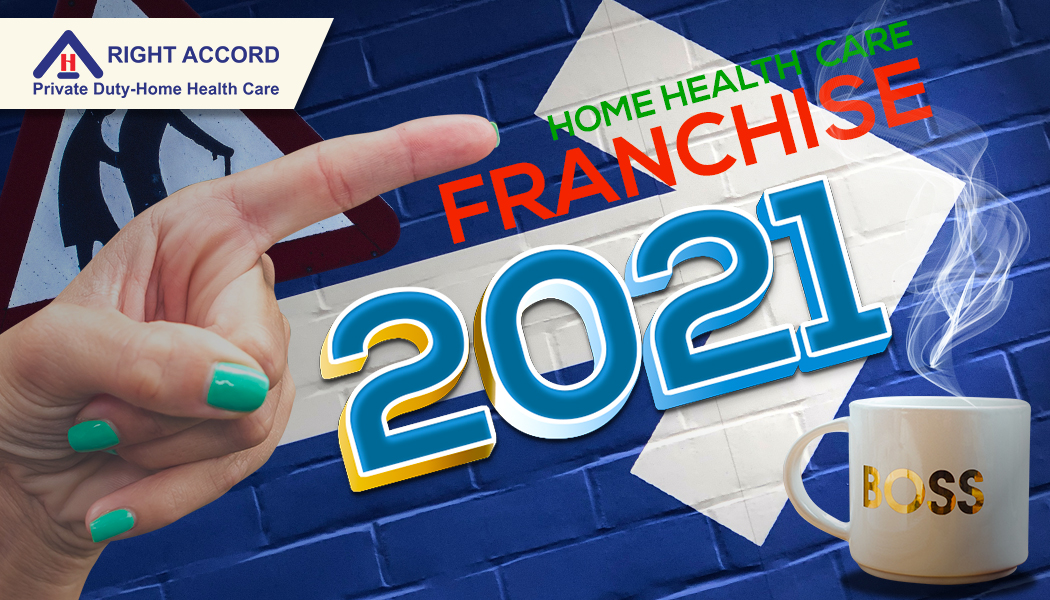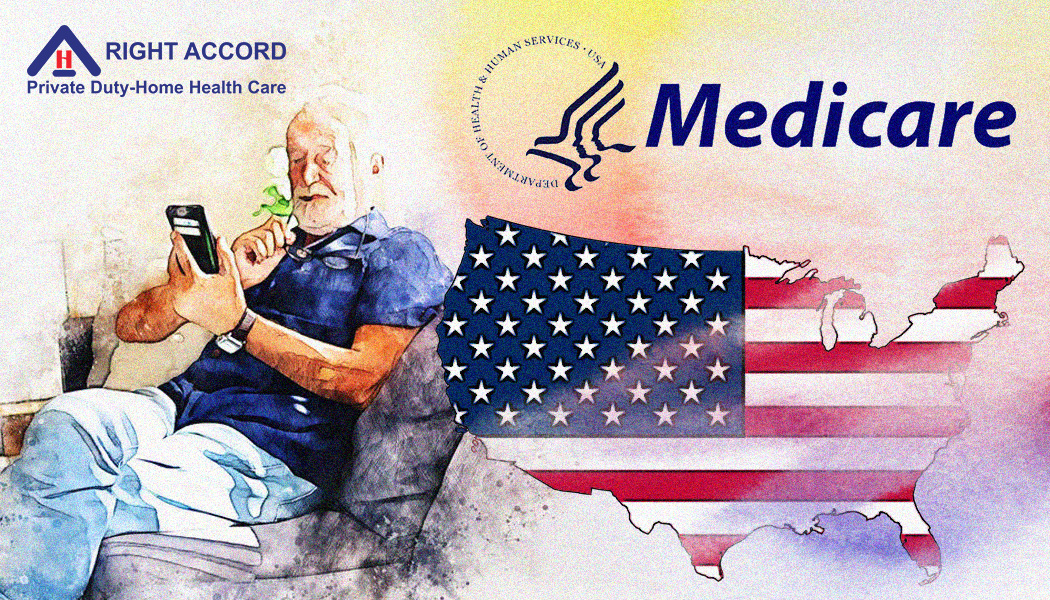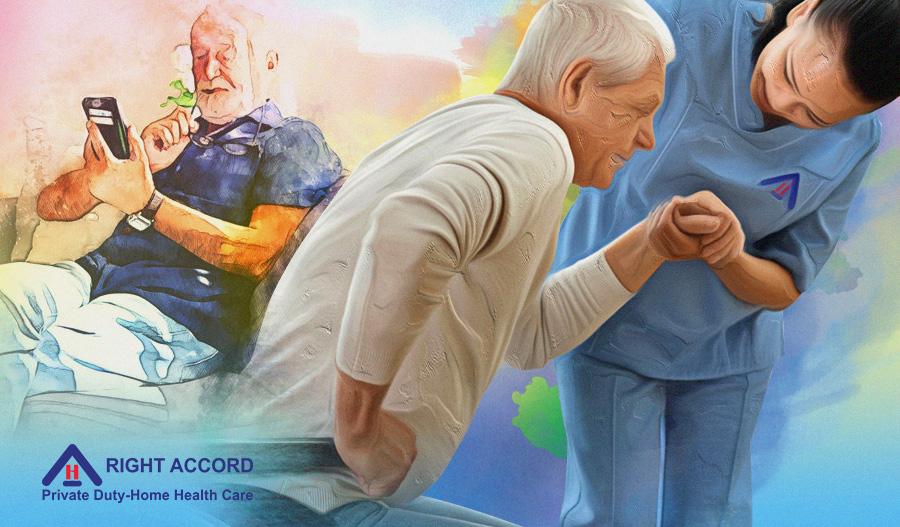· 7 min read
9 Effective Ways to Protect the Elderly from Heart Disease
Heart disease is a leading cause of mortality in America affecting the elderly. These 9 tips can be used to prevent them from certain heart related conditions.
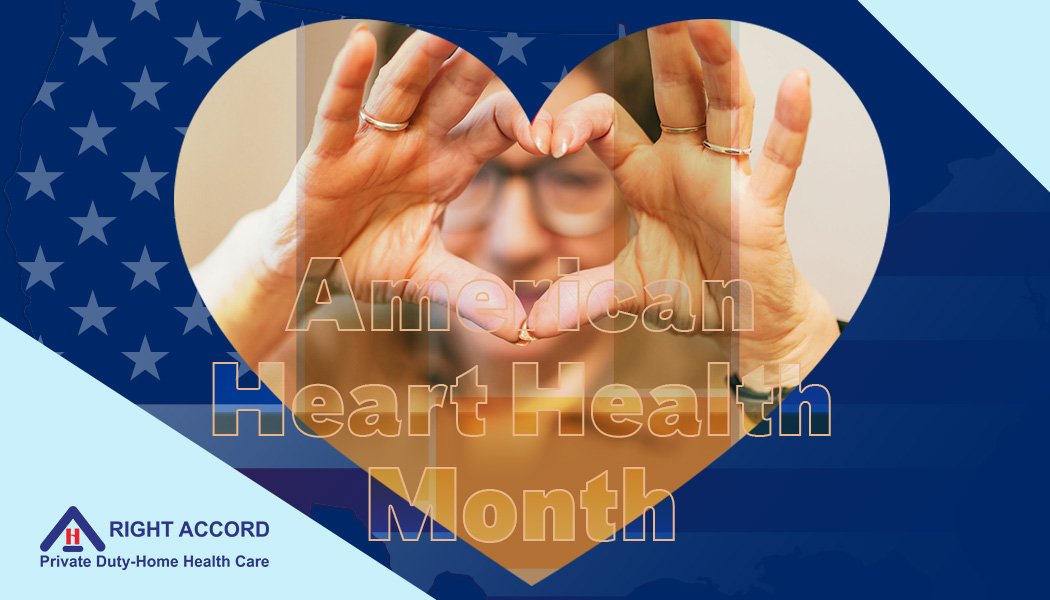
By: Rosemarie Tamunday Casanova — RN, BSN, MHA
It’s another year and this February is the American Heart Health month! Every year, a special consideration is given to the heart. A time when we must stop and consider the challenges of heart diseases, it’s impact on our lives and the society as well as things that can be done to prevent certain heart related conditions.
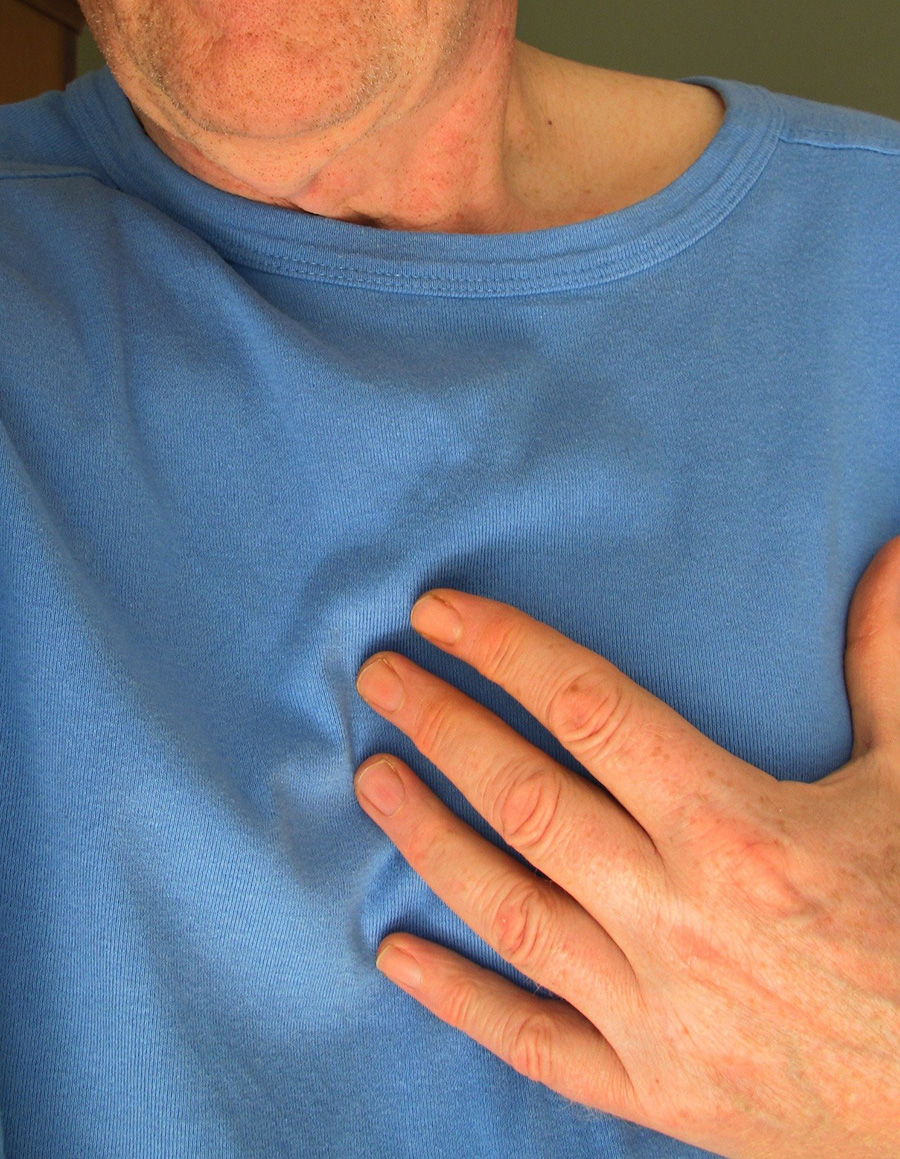
Photo by Gerd Altmann from Pixabay
Heart disease is a leading cause of mortality in America, affecting both males and females. Heart diseases have been called the number one killer of Americans for a reason. In fact, one person loses their life to a heart related condition every 36 seconds.
Out of every 4 deaths every year, 1 is as a result of a heart condition or disease and for those who don’t die from these heart conditions, about $219 billion will be spent or lost in medical treatments and drugs as well as a reduction in productivity from the ailing persons. This is according to the Center for disease control CDC.
Now that’s a staggering set of numbers. It goes to show how important this issue is and how much attention it requires.
The White House recently has released a statement, commemorating the 57th consecutive American Heart month this February. The first of such proclamations was issued in 1964 by president Lyndon Johnson, who himself would become a sufferer of multiple heart attacks.
Ever since, every other president has towed that path to acknowledge the importance of a healthy heart and to commemorate the February American Heart Month. Associations, organizations and of course, individuals during this period put up awareness campaigns to inform, educate and remind people of the importance of a healthy heart and how to achieve this.

Photo by Jesse Orrico on Unsplash
Why is the heart so important?
The heart’s primary function is to pump blood across the body and with it, the distribution of oxygen, nutrients as well as chemical substances and cells that perform specific functions. For many reasons, these functions will not be optimally performed if the heart does not pump regularly or if it stops altogether.
The American heart month of 2021 is particularly important. This is because the previous year has been an unusual one. With the pandemic and its necessitated lockdown, people have been unable to visit hospitals for heart attacks, strokes and other heart conditions for fear of exposing themselves to the COVID 19 virus.
Furthermore, other people have indulged in unhealthy lifestyles and habits because of the lockdown. Many people who initially weren’t sedentary had to become so while others found the time to pick up unhealthy dietary habits that could pose a danger to their hearts and in the coming months to years, the effects of these changes may start to emerge if nothing is done to check the trend. Hence the importance and significance of this year’s American heart month.
What role can I play in this campaign?
First, the campaigns must begin with us individually even as we spread the word out through different platforms. Here are some of the ways to prevent heart diseases:
1. Know the risk category you fall under
There are many conditions and factors that predispose people to heart diseases. For people above the ages of 65, they already should be concerned about their heart because age is an important factor. The elderly also may have other health challenges that could exacerbate a heart condition. Diseases such as diabetes are of importance.
2. Eat right
Diet has an important role to play in maintaining a healthy cardiovascular system. Focus more on eating vegetables , grains , plant proteins , lean meat and fish as opposed to high calorie diets and junk food. With the latter, you put yourself at risk of obesity and clogging your blood vessels. This consequently takes its negative effects on the heart.

Photo by Jamie Street on Unsplash
3. Avoid sedentary life styles
As mentioned earlier, a lot of people have taken to inactivity as a result of the lockdown measures put up to curb the spread of the corona virus pandemic. To tackle this, find an activity or exercise routine. Spend up to 150 minutes a week on these activities to keep the heart healthy while burning down calories.
4. Lose some weight
There is a way to know wether your weight is okay for you or wether you need to shed some of that. This, you can do by calculating your Body Mass Index (BMI). Losing weight will require you to engage in exercise routines as well as making necessary changes to your diet. Please see a professional to discuss your best options in drafting a weight loss program.
5. Do not ignore your other health conditions
Remember that having some other health challenges can predispose you to coming down with a heart disease. Things like high blood pressure, diabetes and high cholesterol levels can be a trigger. It is important that these conditions when identified, are managed appropriately.
6. Say no to tobacco
All forms of tobacco consumption are unhealthy to the heart. If you do not have a habit of consuming tobacco, it is not an advisable habit to pick up as an elderly person. And if you already consume tobacco, then it is best to find a way to quit. Seek professional help on how to let go of the habit. Simply swapping from one tobacco product or type to another in hopes of limiting or halting its damaging effects to the body does not help matters.

Photo by Andres Siimon on Unsplash
7. Take only prescribed medication
Do not self medicate. See to it that you are managed by a professional for any medical condition that you have. If you are already at risk of heart disease and a prescription has been given to you, do take them as prescribed by the physician.
8. Limit your alcohol consumption
Those who are at risk of heart disease can further increase their chances by consuming too much alcohol.
9. Get good sleep
Not getting an adequate amount of sleep can drive your blood pressure up. Not just that, but lack of sleep has been known to be associated with obesity, diabetes and heart attacks. Ensure that you sleep for an average of 7 hours per night. If you find this difficult to achieve on your own, you can set up a sleep schedule. There are applications that can be installed in your phones to help with reminders and planning.
These measures can go a long way in helping you reduce your chances of having a heart related disease condition. It does not end there. Join us and other platforms nationwide in creating this awareness and spreading the message of prevention.
How to help create awareness for the American Heart Month
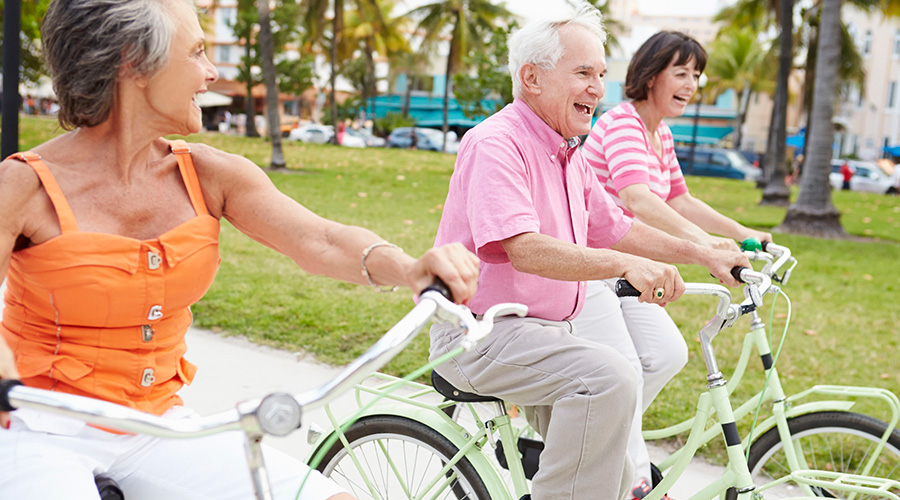
Begin from your immediate environment
Talk about it with your spouse, parents, friends and neighbors. Your colleagues at work are not left out of this either. Inform them about the dangers of certain lifestyle and habits whose detriments they may not be aware of.
Social media platforms
There are many trusted platforms out there that provide information on how to protect the heart. These links, posters and images can be shared across your social media platforms for your viewers’ pleasure and education.
Supporting awareness programs
Find a Non-governmental organization or any association or platform in your community that is involved in creating such awareness. During this month of February, organizations may be organizing outreaches, symposium or marches to publicize the message. You can be a part of them or support the cause.
Key Takeaways
As we go about spreading the word of the American Heart Health awareness, we may gradually win the war on heart diseases and drastically bring down the morbidity numbers. A hearty cheers and stay safe!

